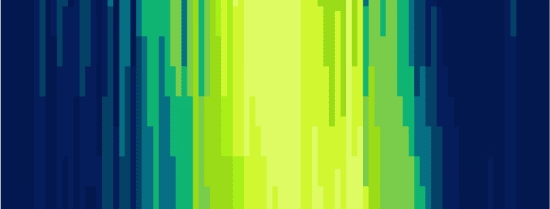On April 8th Frank Weij will defend his PhD dissertation ‘Geopolitics of Artivism. Evaluation of artivism in the art and media domain in cross-national context’. His dissertation focusses on the question how artivism is evaluated and to what extent they receive attention beyond the confines of the relatively autonomous sphere of art.
Throughout (Western) art history, the arts have developed into a relatively autonomous societal domain. As such, the arts are primarily governed by artistic criteria that are for a large part determined by intermediary art institutions and actors such as art museums or art curators.
More recently, however, scholars have pointed to social matters increasingly permeating the sphere of art. Socially engaged artistic practices, such as artivism, are particularly indicative of this development. If, however, artistic status today is still strongly rooted in autonomous artistic evaluation, then socially engaged artistic practices such as artivism present an interesting puzzle: they appear to follow their own logic, yet seek to achieve societal change through their focus on social engagement. This begs the question how practices such as artivism are evaluated and to what extent they receive attention beyond the confines of the relatively autonomous sphere of art.
In his research, Frank Weij has combined 15 qualitative interviews with art curators, computerized content analysis on 2.000 newspaper articles and topic modelling on roughly 2 million tweets. “Collecting all tweets proved to be quite a time-consuming challenge, but ultimately resulted in a very interesting dataset that forced me to further develop valuable coding skills.”
On the basis of these empirical studies, it could be argued that in the case of socially engaged artistic practices such as artivism, representation plays an important role, through which artistic expression becomes a means to a more socially oriented goal. By giving a voice to the underrepresented social groups, inequalities in the broader society are expected to be tackled.
Furthermore, the selective news coverage and news consumption on Twitter in relation to artivism highlights how news media function as gatekeepers. While news media give considerable attention to some artivists in contrast to others, media audiences appear to largely ignore the activist causes of artivists.
Frank Weij: “The latter was particularly striking to me. An important personal aim of this research project for me was to say something about the impact of art activism in terms of the attention it generates beyond the sphere of art. While I expected Twitter users to largely ignore the art of artivists, I did not expect this to be the case for the artivists’ activist intent too.”
- CV
- More information
View the event PhD defence F. Weij

